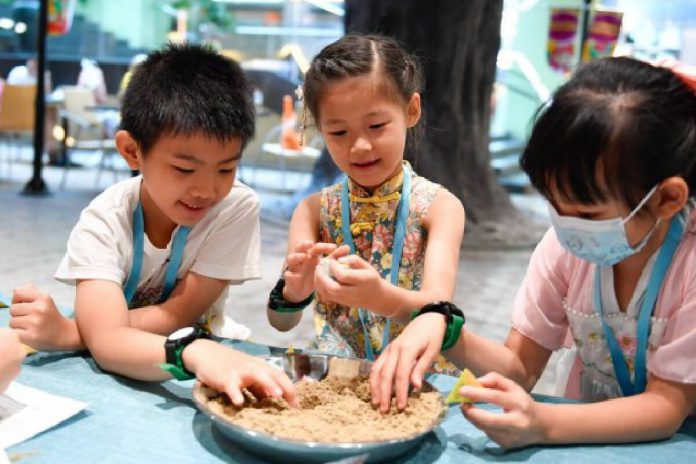KUALA LUMPUR, Oct 13 — Governments, public and private sector partners have been called to commit, communicate and act to promote mental health for all children, protect those in need of help and care for the most vulnerable.
According to the State of the World’s Children 2021 report by the United Nations Children’s Fund (UNICEF) titled “On My Mind: Promoting, Protecting and Caring for Children’s Mental Health”, this includes urgent investment in child and adolescent mental health across sectors from a whole-of-society approach to prevention, promotion and care.
The report also suggested integrating and scaling up evidence-based interventions across health, education and social protection sectors, including parenting programmes that promote responsive and nurturing caregiving.
It also proposed support for parent and caregiver mental health, besides ensuring schools support mental health through quality services and positive relationships.
Besides that, the report called for breaking the silence surrounding mental illness by addressing stigma and promoting a better understanding of mental health, and taking seriously the experiences of children and young people.
It also advocated that services and support are tailored to the needs of young people by ensuring their perspectives shape policy and programmes.
Meanwhile, UNICEF Representative for Malaysia and Special Representative for Brunei Darussalam, Dr Rashed Mustapha Sarwar said many children in Malaysia were burdened under the weight of unaddressed mental health issues, even before the COVID-19 pandemic and too little investment is being made to address these critical needs.
“Schools have been closed for over 40 weeks in Malaysia. Children have been away from friends, classrooms and playgrounds which are key elements of childhood. The impact is significant and it is just the tip of the iceberg,” he said in a statement.
He noted that failure to effectively address the mental health needs of children, young people and their caregivers will undermine investment in the COVID-19 recovery agenda.
Rashed said the transformation of UNICEF’s approach to mental health is urgent for Malaysia as part of the East Asia and Pacific region.
“Failure to effectively address the mental health needs of children, young people and their caregivers will undermine investment in the COVID-19 recovery agenda. Mental health is a part of physical health and we need to act now to protect and care for the mental needs of children,” he added.
According to latest global estimates, more than one in seven adolescents aged 10 to 19 is estimated to live with a diagnosed mental disorder globally meanwhile almost 46,000 adolescents die from suicide each year which is among the top five causes of death for their age group.



















